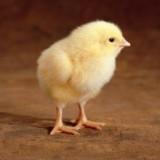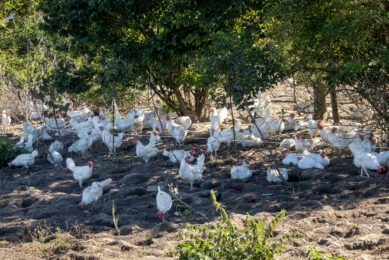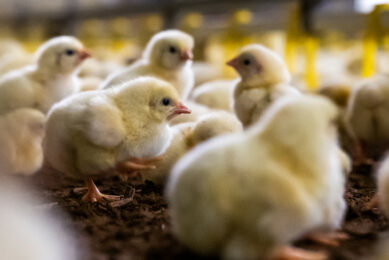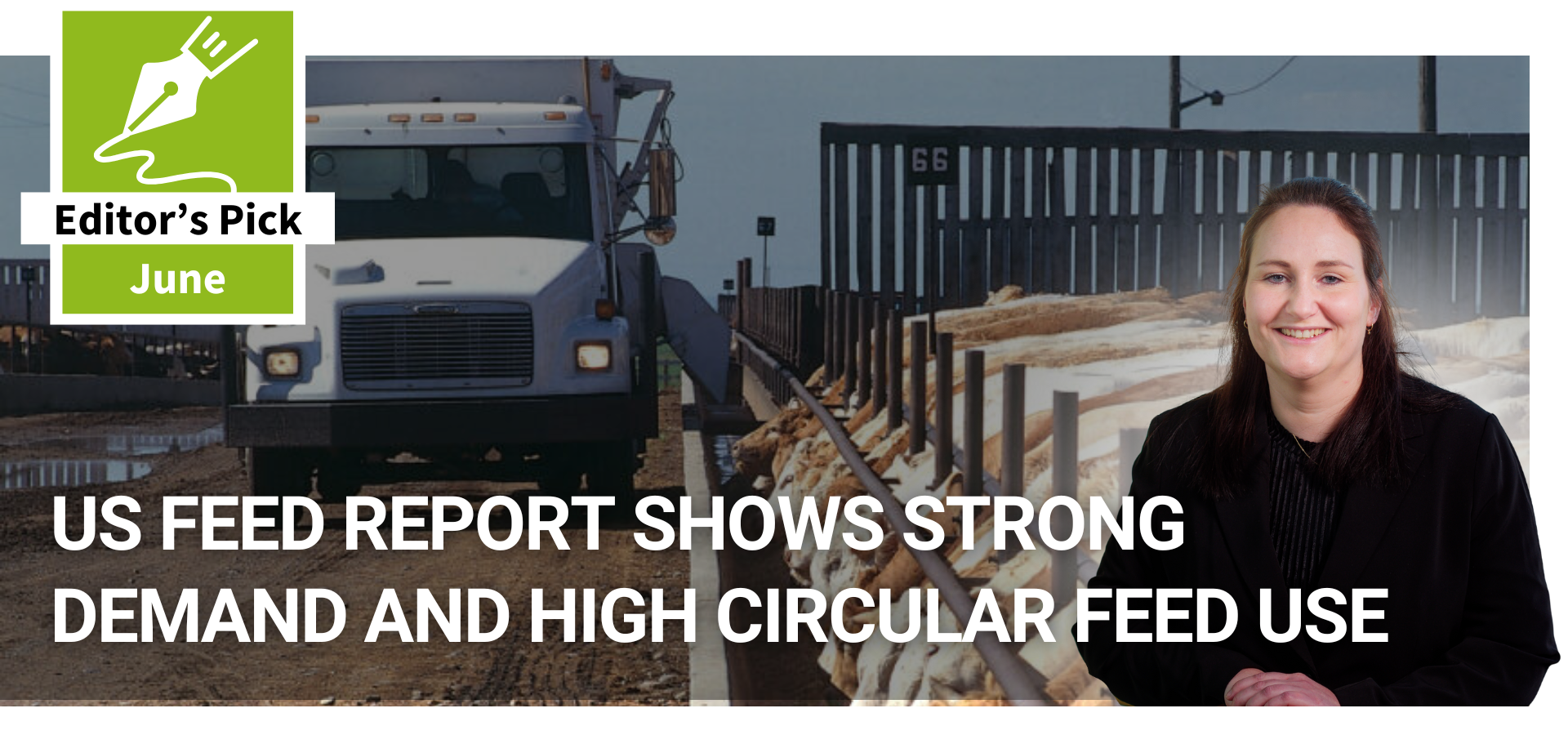Antibiotic ban no effect on resistant bacteria

A surprising finding by a team of University of Georgia scientists suggests that curbing the use of antibiotics on poultry farms will do little (if anything) to reduce rates of antibiotic resistant bacteria that have the potential to threaten human health.
Dr. Margie Lee, professor in the UGA College of Veterinary Medicine, and her
colleagues have found that chickens raised on antibiotic-free farms and even
those raised under pristine laboratory conditions have high levels of bacteria
that are resistant to common antibiotics. Her findings, published in the March
issue of the journal Applied and Environmental Microbiology, suggest that
poultry come to the farm harbouring resistant bacteria, possibly acquired as
they were developing in their eggs.
“The resistances don’t necessarily come
from antibiotic use in the birds that we eat,” Lee said, “so banning antibiotic
use on the farm isn’t going to help. You have to put in some work before
that.”
Swapping genes
Bacteria swap genes relatively
easily, and Lee explained that the concern is that drug resistance genes from
bacteria that infect poultry could be passed on to bacteria that cause human
illness. With these resistance genes, human bacterial illness could become
harder to treat.
These concerns
led the European Union to ban the use of antibiotics for growth promotion in
chickens in 2006. In 2005, the U.S. Food and Drug Administration banned the use
of the drug Baytril – the brand name for enrofloxacin, a fluoroquinolone
antibiotic – in poultry, citing concerns that it could lead to resistance in
human antibiotics such as Cipro, also a fluoroquinolone.
Ban won’t help
Several advocacy groups are pushing for a
more comprehensive animal antibiotic ban in the United States, but Lee said her
research plus the evidence from the Baytril ban suggests that this approach
won’t help. “They banned Baytril in 2005, and if you look at Baytril resistance
in campylobacter now it’s essentially unchanged,” Lee said.
Related link:
University of Georgia
To receive the AllAboutFeed
newsletter click here.











